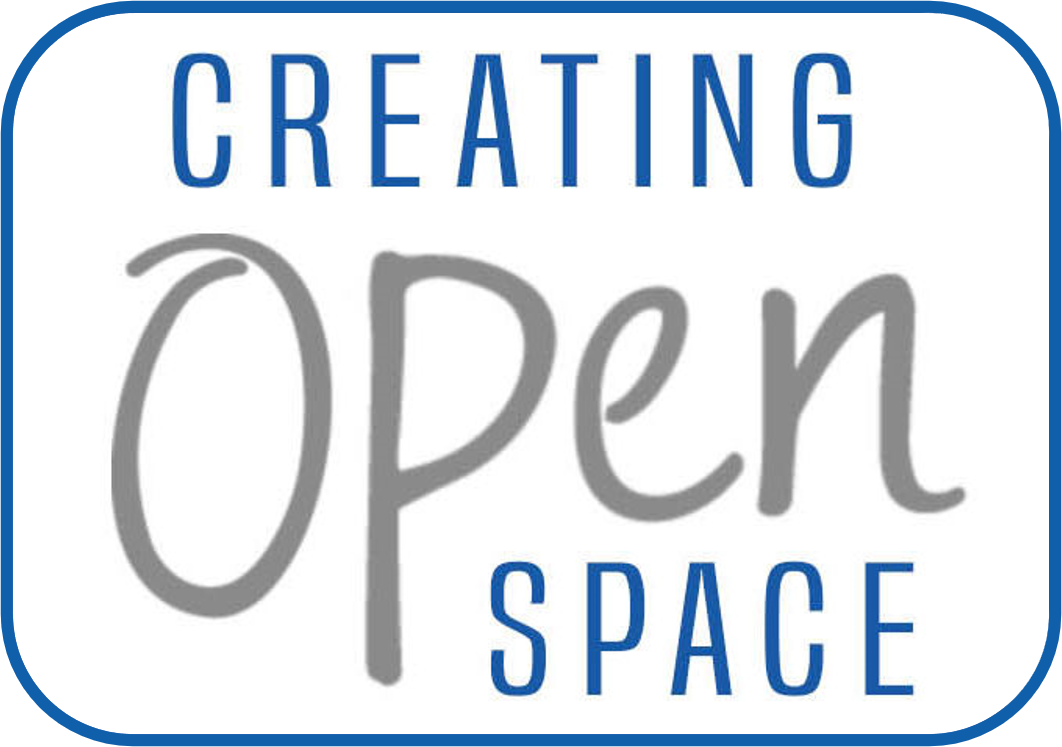Heartset
There’s a lot of talk about mindset. Our mindset is the set of attitudes that we hold on to. Our mindset impacts how we see and how we interact with others, the world, and even ourselves. Carol Dweck wrote a fabulous book about the advantage of a "growth mindset” (versus a "fixed mindset"). Others talk about “positive” vs. “negative” mindsets. These are helpful frameworks, but often I find that it’s not only our mindset that needs to shift. It’s also our heartset. If mindset is the set of attitudes we hold, then heartset is the set of feelings we hold. In both cases, notice to whom the “set” belongs. My mindset belongs to me: it is the beliefs that I hold on to. Similarly, my heartset belongs to me: it is the feelings that I hold on to. The trouble with being “set” on something is that we’re reluctant to let it go, even when it doesn’t serve us well. It is familiar and known; we don’t know another way to think or to feel. A case in point: A Senior VP client was recently sharing that she’d lost faith in the company’s COO. She had come to see this individual as lacking the maturity required of the role. Her mindset toward this leader was fixed: she literally said to me, “This is just the way he is; he’s a lost cause.” Her heartset toward this leader was equally self-defeating: she held tight to feelings of deep disappointment and hopelessness. Her feelings consumed her and drained her. She had no energy and no motivation to question them. Her feelings also controlled thoughts: as long as she held on to her disappointment and hopelessness, she could not entertain the thought that the COO could learn or grow. Ironically, unless she could change her heartset, she too was “a lost cause.” The “set-ness” of her feelings and beliefs toward the COO left her just as stuck as he was. Most people, consciously or unconsciously, believe that they have little if any control over their feelings. Our feelings, we’re told, just are. Our ego tells us that our feelings are right; they are justified; they are grounded. All of this may be true; it doesn’t necessarily make them helpful. As a psychologist and leadership coach, I have the opportunity to call out unhelpful heartsets. It’s a delicate but absolutely worthwhile message to deliver, because with a bit of courage and humility, my clients can begin to see how their negative feelings impact thoughts and behaviors, creating a downward spiral. And in this moment of awareness, many find themselves wondering…Is it possible that change could start with me? That there’s more to this story? In short, yes: there is more to this story. We can learn to notice our feelings, to evaluate their usefulness in the context of our goals and desires, and choose feelings that serve us better. What would this look like? Let’s revisit the example above. Let’s say you’re the disillusioned VP, and your COO lets you down again. The pain of disappointment is like a stab in the chest:
“Again?!”, you say to yourself. We’ve been over this. He should know better.”
To change your heartset, you have to choose to change the way you feel. You make this choice not because being disappointed is wrong, but because it’s not helpful. Laying down your ego (deep breaths help), you can choose to say:
“Hello disappointment. You again. You’re really not helping me right now. Right now I need to figure out another way to get through to this guy, so I’m going to choose to feel…confident. I’m confident that this can change. I’m confident that I can talk to him about it (again). I’m confident that our team can pull together to get through it.”
It’s hard enough to change our mindset; it may be even harder to change your heartset. Fortunately, both paths are available to you. Will you take the first step?
